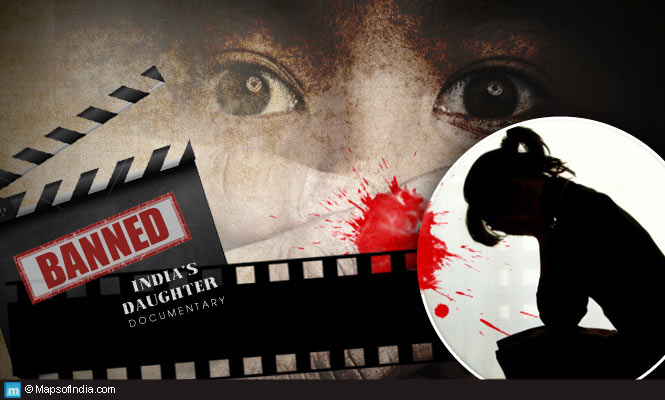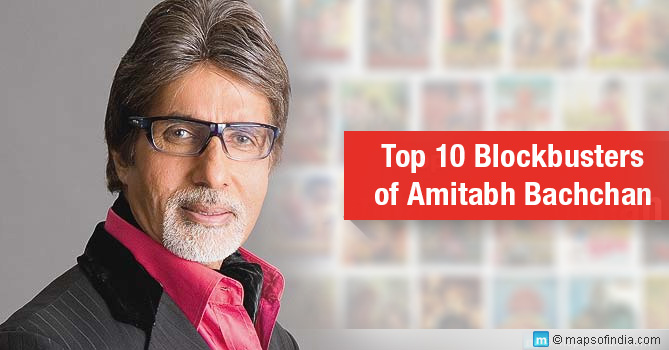 Yesterday, I formally sat down to watch the now-banned documentary India’s Daughter by Leslee Udwin. In the UK, India, Sweden and Denmark, this movie was to be screened on 8th to concur with the International Women’s Day. However, following its ban by the Indian government, its release date has been pushed to 11th night in Britain.
Yesterday, I formally sat down to watch the now-banned documentary India’s Daughter by Leslee Udwin. In the UK, India, Sweden and Denmark, this movie was to be screened on 8th to concur with the International Women’s Day. However, following its ban by the Indian government, its release date has been pushed to 11th night in Britain.
Honestly, those 59 minutes seemed wasted. A very mediocre package, albeit with real-world connections and implications. And, I was left with several questions, with or without answers, though: Why was it made more than two years after the incident? Why a white Briton (with or without BBC) had to make it? What specific purpose was served in reconstructing the sequence of events? How many viewers got a meaningful answer to the question, ‘Why do men rape’? (as this was the project with which Udwin had set out to make the film!)? Does the film throw a possibility of immediate harm to women? Is there any unusual or inspiring insight that it imparts? Does it engage the viewer compellingly on any imaginative or intellectual level?
Personally, I didn’t find the film moving or offering a wholesome understanding of actual people, events, & places as entirely present to the extent possible. However, with due regard to the personal trauma Udwin underwent once (she revealed during a recent NDTV panel hosted by Sonia Singh that she herself had been raped), the filmmaker may have succeeded to some extent in retelling this story to make sense of her own experience and her feelings around it — seeking to hear the unsayable, unknown and unheard in the entire process.
The movie monotonously dishes out facts after facts while forgetting that facts crave for analysis/interpretation as they never speak for themselves. To its credit, the movie however, does i) dare to present the jailhouse interview of one of the rapists and ii) records the repugnant, off-the-court statements of the two defence lawyers, whose bar council membership and licence to practice deserve to be suo moto revoked. Or better still, someone might actually be inspired to plan a sting-op to catch them in a weaker moment with some female and then document their family women on camera asking if they’d choose to set them on fire (in a farmhouse or wherever).
Likened to Streisand Effect, the Indian government’s oppressive reaction to the movie has stoked much interest in the film rather than quashing it. Reading the response of Danny Cohen, Director, BBC Television typed out to Joint Secretary of India’s I&B Ministry on 4th March, one couldn’t hold back a derisive, sourly snigger: ‘The purpose of including the interview with the perpetrator was to gain an insight into the mind-set of a rapist with a view to understanding the wider problem of rape… .” Evidently, the film gives inordinate screen time to one of the rape convicts Mukesh Singh and one is led to ask if the movie could be titled A Rapist Remembers. I don’t think insights come that way and it’s easy to see that Udwin didn’t really attempt to excavate the psychology of Singh and other perpetrators to understand them better.
There isn’t sufficient coverage on how this ghastly event kindled passions, public backlash and candle-lit vigils countrywide as people rallied around a single cause in a manner unheard/unimagined before.
The defence lawyers’ blather (critique of women etc.), for the most part, is hardly anything beyond the predictable or stereotypical. Though M.L. Sharma, one of the lawyers, later, hit back in an NDTV interview that Udwin had selectively shown his comments while his actual interview lasted 10 days. Whatever be the fact, the movie will have offered the lawyers an instruction on not shooting from the lip once the Bar Council takes them to task.
Actually, and quite unfortunately, instances of gender violence are quite pervasive globally during the entire lifecycle of a woman from pre-natal, infancy, childhood, adolescence, reproductive and old-age phases. On a lighter but truer note, the heyday of chastity belts was the not-so-remote Victorian era, when UK women donned these to protect themselves from workplace sexual assaults.
By choosing to exclusively foreground the voices of rapist Singh and his two defence lawyers and not including contrasting views from various strata of society, Udwin has unwisely tried to foster a cultural context to the problem of misogyny and rape — that our men are barbaric and lack culture. What else could be a truer reflection of the colonial mentality than attempting to reduce the culture of a billion plus nation to a faction of misogynists, savages and rapists? The movie appears to me an opportunity cornered by a colonial white voice to play fast and loose with Indian culture selectively picking threads to depict the rape story as she saw fit. Whoever said or felt India needed a noble, white rescuer to generate awareness about crimes against women?
So far the Udwin documentary has spawned over two dozen decent stories in global media. Here, I’d like to pick up the observations of Yvonne Roberts, the award-winning UK journalist for more than 30 years, made in the 1st March story in The Guardian: ‘What is writ very large in India’s Daughter, but camouflaged in other countries where equality is more strongly embedded in law, is the low value placed on females and the determination of some men, educated as well as the impoverished, to keep women padlocked to the past.”
First off, Udwin’s selective offering of opinions from a hardly-representative strata of Indian society betrays its worth in no uncertain terms, besides being questionable. Next, talking of ‘equality…more embedded in law, even in the UK, the criminal justice system remains skewed against women.
The English law on rape is gendered and the process of changing legislation is largely slow though initiated. A quick read-through of the 2013 PhD thesis of Olivia Smith submitted to the University of Bath, a top UK university offered me some lesser known facts about the English Criminal Justice System (CJS) and its operational efficiencies in cases of sexual violence. Titled ‘Court Responses to Rape and Sexual Assault: An Observation of Sexual Violence Trials’, it notes that reported conviction rates for rapes were disturbingly low in England and Wales (6% in 2006 and 7.6% in 2008) while acknowledging that these stats have been in the eye of debate.
More disturbing to me are the findings of a 2015 research commissioned by The Telegraph and authored by Louise Whitfield which state that one-third of females in colleges and universities across the UK (including Oxford!) have experienced sexual abuse or sexual assaults and higher education institutions have refused to investigate such cases while 43% of female students didn’t even report the ordeal. On a serious note, leading UK universities would have rather provided Udwin active sites to document the dismal plight of female students in 21st century, who are victims of sexual assaults and coercion within campuses and are left to suffer silently!
Alternately, Udwin would’ve been better off, if she had chosen to film the horrible management of rape cases by police and penal authorities in India or anywhere else in the world. This movie hardly offers an effective approach to prevent instances of sexual violence or empower women against them.
Related Information:





